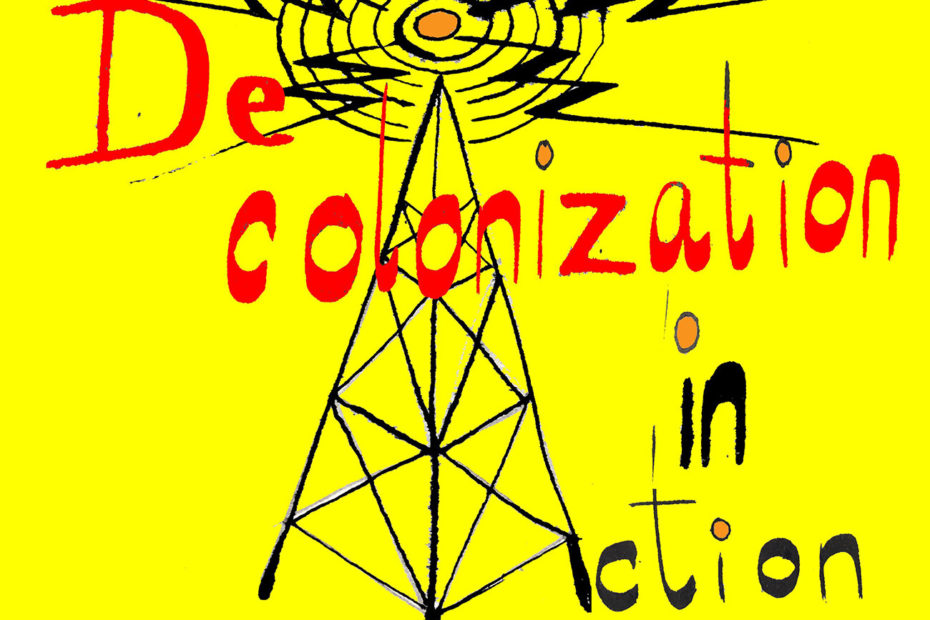Der Begriff „Umweltrassismus“ ist in den 1980er-Jahren in den USA entstanden und artikuliert die rassistischen Effekte ungleicher Verteilung von Umweltgütern und -risiken. Angesichts der Klimakrise fragt eine neue Generation von Menschen, die Rassismus erfahren, ob und wie Klimawandelfolgen die Wirkmächtigkeit von Umweltrassismus verstärken.
Ayla
As a result of climate change, environmental disasters are increasing, vital resources such as water and fertile soil are becoming scarce, and entire regions are turning uninhabitable. Based on this, there is the demand for the recognition of the climate crisis as a reason for migration. On the other hand, activists and migration researchers warn that social and economic factors are made invisible. At the same time, right-wing groups and parties try to instrumentalize “climate migration” for their nationalist ideology and fabricate a threat to Europe by “climate refugees”.
This is an testimonial of an activist in an Ende Gelände action in November 2019 in the Lausitia (eastern mining area in Germany). The author sheds light on the intersectional approach Ende Gelände has in it actions and how it influences their theory as well as practice. It uses its’ experience with EG to reflect upon and criticize XR and XR leadership pinpointing towards urgently needed development within their organizations and actions.
Jan Ole Arps und Guido Speckmann meinen, dass durch die Diskussion über radikalere Aktionsformen die Klimagerechtigkeitsbewegung wichtigen Fragen ausweicht: Bis zu welchem Grad kann die Klimabewegung beim Klimaschutz auf den Staat hoffen, kann sie es überhaupt? Welcher Druck wäre nötig, um wirksamen Klimaschutz zu erzwingen – und wie soll er mobilisiert werden? Und wenn das keine aussichtsreiche Strategie ist: Was sind die Alternativen? -> Mögliche Antworten und Analysen skizzieren sie in diesem Artikel.








